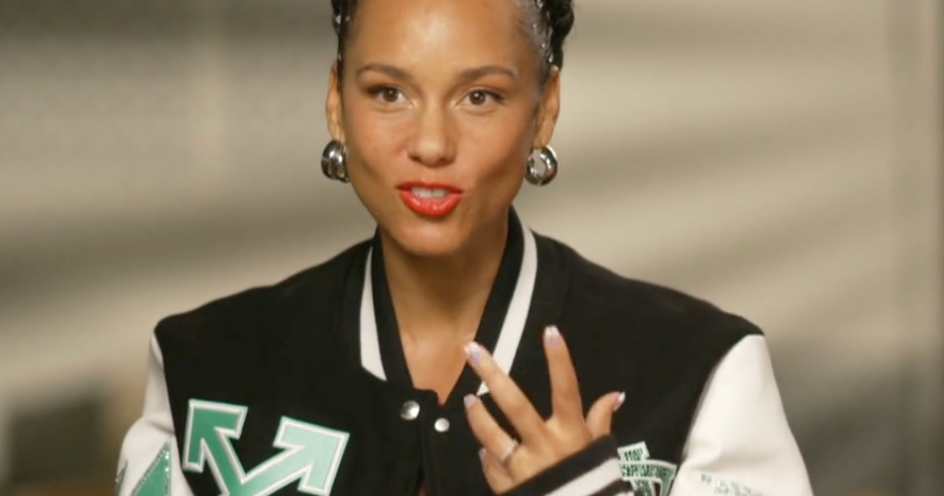World of Weddings: Marriage of mixed-race couple in South Africa is "exactly what Nelson Mandela fought for"
In our weeklong series World of Weddings, we sent a team of correspondents around the globe to witness unique ceremonies and understand what marriage means in different cultures. In our third report, we take you to South Africa, where as recently as the 1980s mixed-race marriages were illegal under apartheid.
Two worlds collided as the Maselas and the Daltons came together in Pretoria, South Africa, for the marriage of their children Mante and Andrew. Once outlawed and punishable by prison, celebrating love across racial and cultural barriers would have been unimaginable in apartheid South Africa.
Although apartheid is over, weddings like Mante and Andrew's are still the exception to the norm, CBS News correspondent Debora Patta reports.
"My grandmother, who unfortunately isn't here to this day, she was more excited than anyone else because she's like, 'This is exactly what Nelson Mandela fought for,'" said the bride, Mante Maselas.
Mante is Pedi, one of South Africa's many ethnic groups, and Andrew's family is from England. The families gathered to negotiate a bride price known as lobola, traditionally a means to cement ties between two families. Lobola is a centuries-old tradition that used to be paid in cattle, but that's a little complicated in modern times.
"At first I was a little bit skeptical because obviously, again, something's new to me, but you have to go in with an open mind and you have to respect the culture and the family," Andrew said. "And at the end of the day if I want to marry Mante, that's something I'm going to have to do."
The final amount is confidential, but a young well-educated woman like Mante could easily fetch up to 15 cows, the equivalent of just over $10,000.
As Mante got ready for her wedding ceremony, she acknowledged it's not always easy being a modern couple navigating traditional African customs.
"We're just doing what we need to do in this period to make our parents happy, and then we go back to our normal lives where we don't have to fall into the gender roles," she said.
In that moment she had a more pressing concern: "I am also worried about his dancing," she said, laughing. "He's been trying to practice the moves."
At the ceremony, there also was a thoughtful, if slightly misplaced, nod to Andrew's heritage: bagpipes. Nobody seemed to mind that Scotland and England are completely different nations. But, for the most part, was a thoroughly African affair, which included being schooled in how to be a good wife.
The traditional ceremony was part of 10 days of festivities, culminating in what many would regard as a thoroughly modern wedding at a wine farm just outside Cape Town.
That ceremony was very much Mante and Andrew's event. Their friends flew in from around the world for the big day, part two. There were the usual wedding-day nerves and the bride's almost obligatory late arrival, followed by the joyful walk down the aisle on her father's arm. And then it was time to party, where Andrew's dance moves were finally put to the test.
For family friends like Rudi Matjokane who lived through apartheid, there was even more cause to celebrate.
"Love knows no boundaries," he said. "In those days, love would know boundaries because then you would be arrested for having it, so it's the proudest day of my life."
While weddings like this are still unusual, for Mante and Andrew it felt completely natural. They're just two young people deeply in love.



